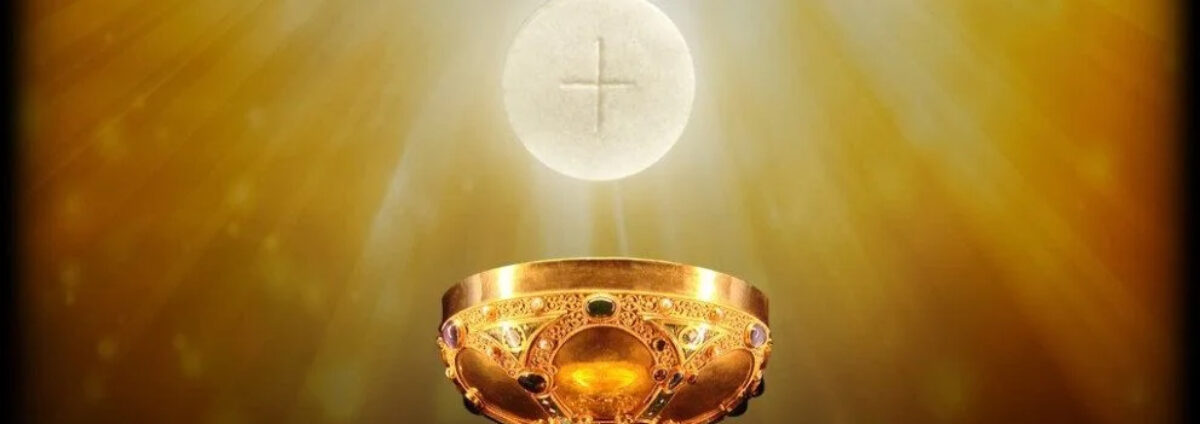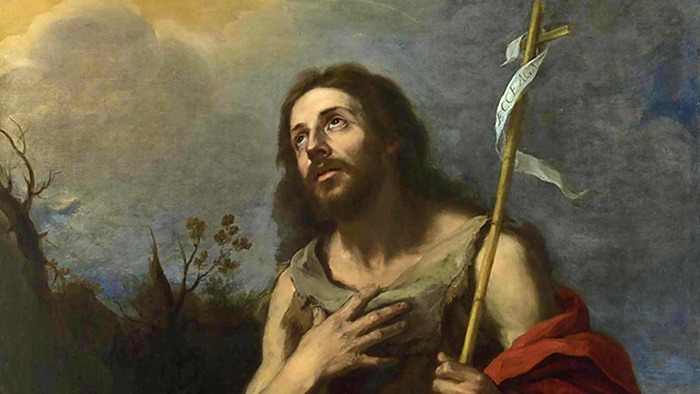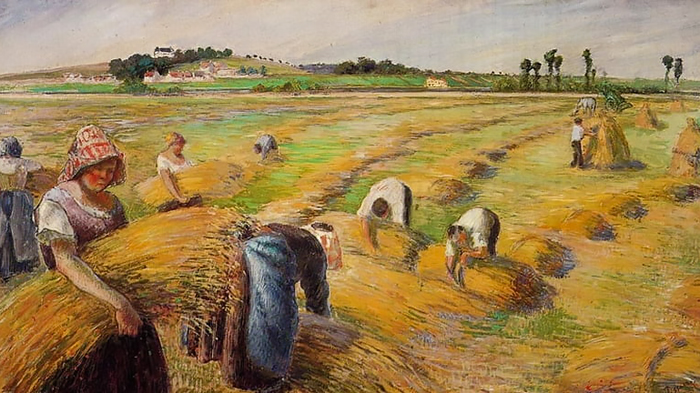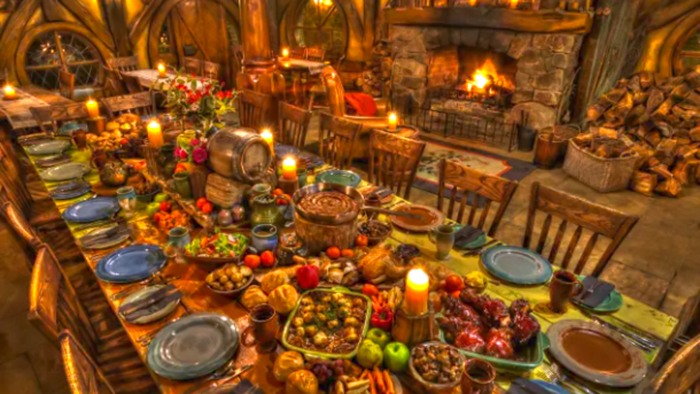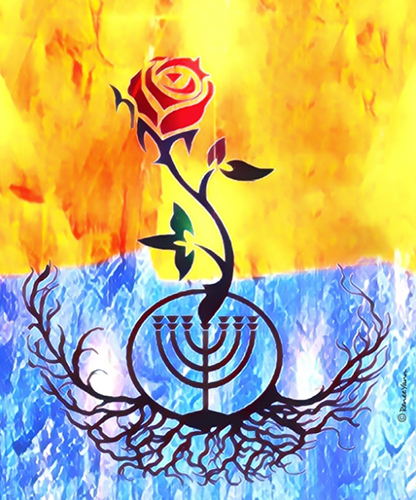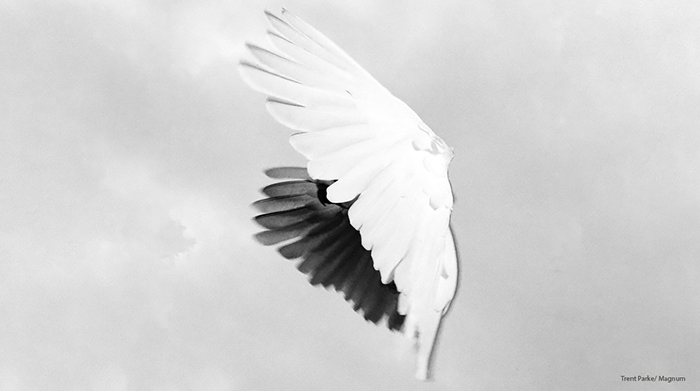
What an exuberant and fitting ending for today’s Liturgy of the Word. Blind eyes are opened, the lame leap-like stags, tongues of the mute sing, and sins are forgiven. One is left breathless by the end. Sister Julia Upton writes that in taking the long view, each of us can say that we have experienced “incredible things” in our lives, no matter how young or old we are. Too often, though, we remain shortsighted, unable to see beyond the challenges of the day or the moment, limping and stumbling. The longer view can restore our spirits and nourish hope. That is Isaiah’s intent today. His cascade of beautiful, life-giving images was addressed to a community that had been in exile for decades, sapping both strength and spirit. Who could not be lifted up by these colorful, joyful, melodic images? The Pharisees and teachers of the law, at least initially, seem doubtful about the wonders before them; Jesus reads their hearts and challenges them to see beyond. And so too with us in these Advent days. Jesus reads our hearts and longs to restore our spirits and nourish hope. In an Advent homily, St. Bernard of Clairvaux preached about the three comings of Christ. Hidden between God’s coming to us in the Incarnation and the Second Coming at the end of time, Christ comes into each of our lives today if we remain open to the possibility. After all, Jesus has the long view and knows the road ahead. Onward! Incredible things lie ahead.
